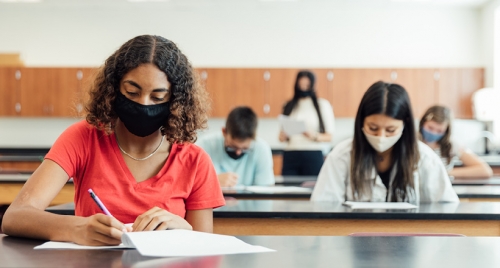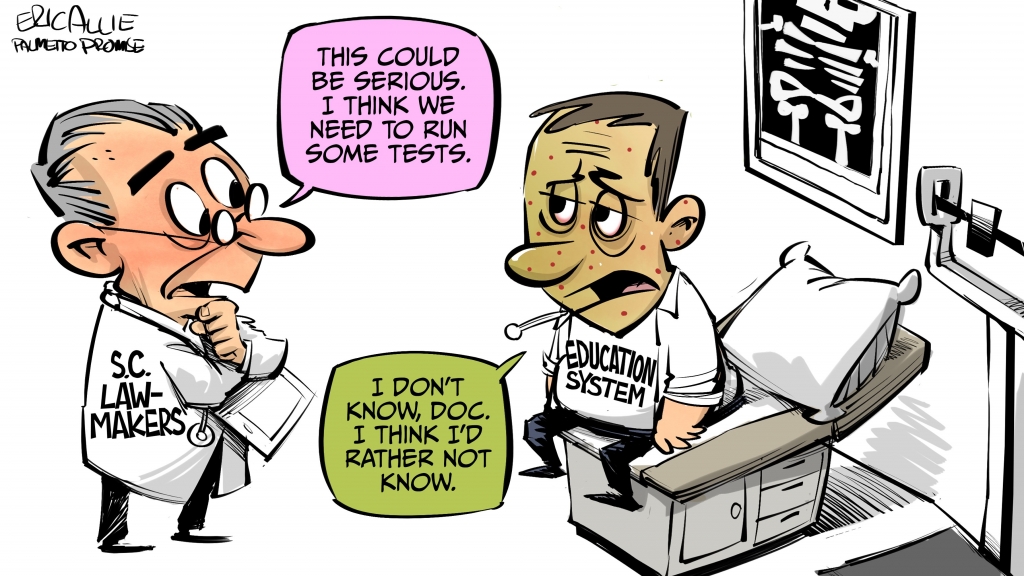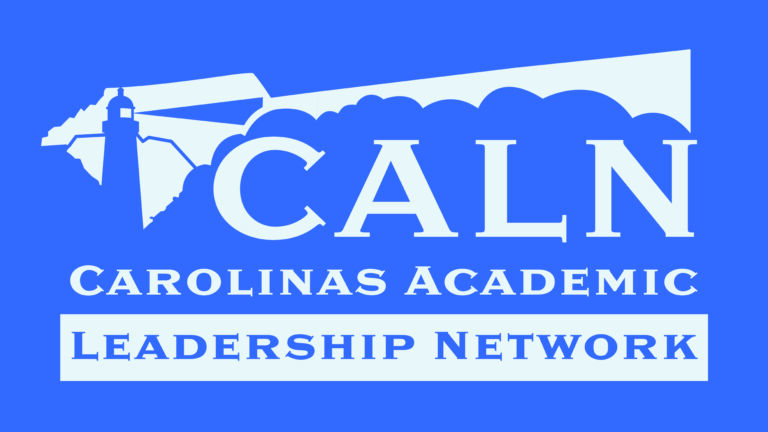Testing: Our Responsibility to Know
Updated 3/2/21
We all know the dreaded signs of COVID: loss of taste and smell, fatigue, coughing.
Imagine someone experiencing these symptoms, but instead of going to the doctor, thinking, “Well, I could have COVID. But I’m too busy to get tested. And besides, I’d rather not go to the trouble, because if I test positive, I’ll have to quarantine. So I’ll just wear my mask, continue about my daily business, and hope for the best.”
You might call that decision irresponsible…and you’d be right. Unfortunately, similar logic is being applied to education conversations about student testing.
Here in South Carolina, when the pandemic struck in March, schools were forced to transform every classroom from in-person to virtual overnight, a task that would be a challenge even under the best of circumstances, much less a global pandemic!
Understandably, year-end testing was waived as a result of this unparalleled upheaval, as parents and educators fought to just keep their head above water.
This school year, however, presents a different scenario. Nationally, the Biden Administration was widely expected to cave to pressure from their union donors (which have been fighting to keep classrooms closed across the country) to waive annual federal testing requirements this Spring. However, after receiving counter-pressure from civil rights groups concerned about children of color being left behind, the Administration has stated that they plan for testing to continue.
And while as conservatives, we would believe that national education mandates are a bad idea, individual states’ responsibility for education matters within their borders is a different matter entirely.
A new report released from South Carolina’s Education Oversight Committee has provided the first data-based look at how brutal COVID’s destructive impact on student learning may be.
Examining test data from the Fall of 2020, and report projects that seven out of ten 3rd-8th graders in South Carolina will not be able to read or do basic math on grade level by Spring 2021. Sadly, that alarming fact could actually be a best-case scenario, given that some vulnerable students may actually be missing from the Fall testing data.
This dire situation has prompted House lawmakers to take a stand, introducing legislation to ensure that South Carolina students receive a benchmark test in the Spring. There is universal agreement that year-end testing should not be used for traditional “accountability” purposes during this time of massive education disruption. That’s why the General Assembly has, in fact, already waived test-based accountability for the 2021-22 school year.
But how can we move forward as a state to support students, parents, and teachers if we don’t even know for sure how students are doing?
Waiving state-level testing would be an abdication of the basic responsibility South Carolina owes to parents and taxpayers to know how our students are faring.
To borrow another metaphor: you can’t navigate to where you want to go if you don’t even know where you are starting from on the map. When testing is used in the way lawmakers currently propose, it is simply a diagnostic tool to help pinpoint our location in order to best support students – and teachers – on the long road to education recovery.
“Taking the temperature” of our students is the responsible – and compassionate – first step to understanding the impact of coronavirus learning disruptions on South Carolina’s kids. State lawmakers owe it to students, parents, teachers, and yes – taxpayers – to know what our students know, which means testing in the Spring.
Transparency and responsibility are core conservative values. South Carolina needs good education information now more than ever. Anything short of that will just be flying blind.








